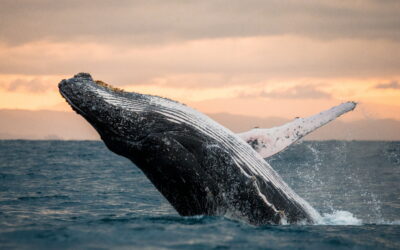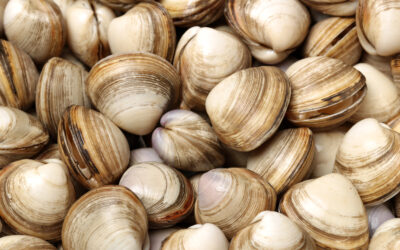Honey has long been admired for its sweet taste and versatility, but one of its most remarkable qualities is its longevity. In fact, honey never spoils. This unique property of honey has been known since ancient times, and archaeologists have even found jars of honey in Egyptian tombs that are over 3,000 years old—and still edible.
The secret to honey’s incredible shelf life lies in its chemical composition. Honey is low in moisture and highly acidic, creating an inhospitable environment for bacteria and microorganisms that would normally lead to food spoilage. It contains natural sugars, like fructose and glucose, which absorb water and further inhibit bacterial growth. Additionally, bees add an enzyme called glucose oxidase to the nectar they collect, which produces hydrogen peroxide—a natural preservative.
This combination of factors ensures that honey can last indefinitely when properly stored in a sealed container. It may crystallize over time, but that process doesn’t affect its safety or nutritional value. You can simply warm the honey to return it to its liquid state.
Aside from its longevity, honey has been used throughout history for its medicinal properties. Ancient civilizations applied honey to wounds due to its antimicrobial properties. Today, honey is still used in natural remedies for sore throats and burns. Manuka honey, in particular, has garnered attention for its potent antibacterial qualities, making it a popular choice in modern wound care products.
While honey may not spoil, it’s important to store it correctly. Exposure to air, moisture, and heat can alter its texture and color. To keep honey fresh, store it in a cool, dry place in an airtight container.
In a world where most foods come with expiration dates, honey stands out as a true testament to nature’s resilience. The next time you drizzle honey over your toast or add it to your tea, you can appreciate the fact that it may very well be the oldest—and longest-lasting—food on your shelf.
Related Articles
The Psychology of Procrastination: Why We Delay and How to Beat It
Procrastination is something we all do—whether it’s delaying a work project, putting off a workout, or ignoring that email that’s been sitting in your inbox for days. But why do we procrastinate,...
Why Whales Sing: Unlocking the Mystery of Their Oceanic Serenades
The eerie, haunting melodies of whales are among the ocean’s most fascinating mysteries. But why do whales sing? Are they communicating, navigating, or perhaps even expressing emotions? Scientists...
The Incredible Tale of Ming, the 500-Year-Old Clam
In the chilly waters off the coast of Iceland, scientists discovered an extraordinary time capsule of nature: a quahog clam that had lived for more than five centuries! Nicknamed Ming, this clam was...





